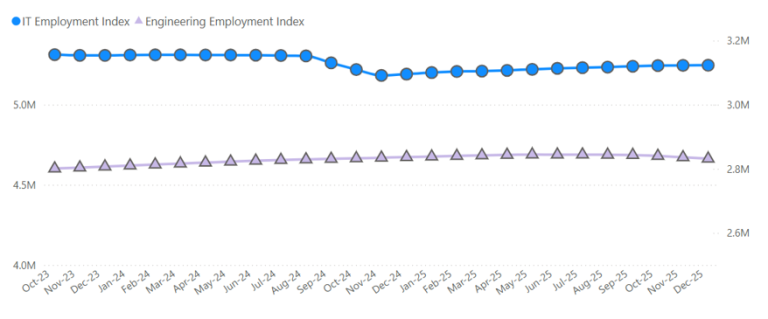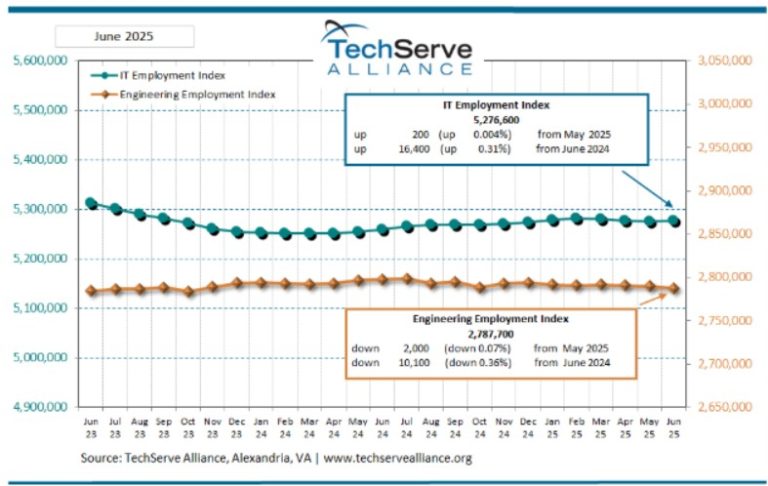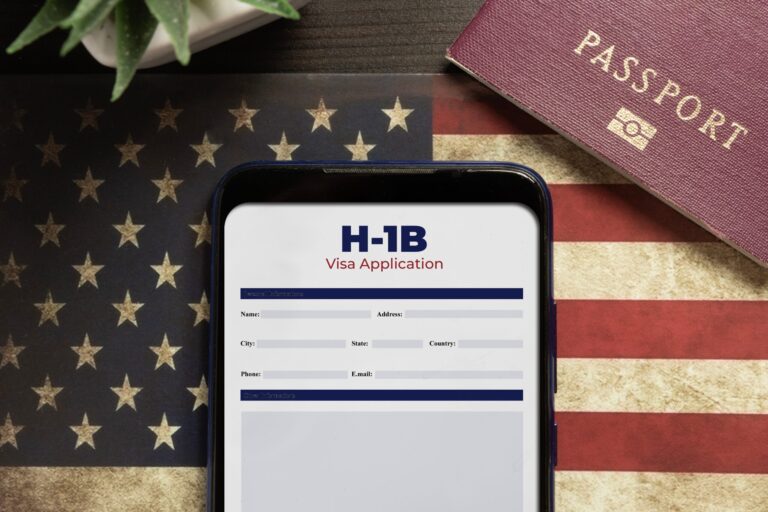On Jan. 13, 2022, the Supreme Court of the United States (SCOTUS) ruled to stay the Occupational Safety and Health Administration’s (OSHA) vaccination and testing emergency temporary standard (ETS). The ETS was developed to establish a mandatory vaccinate or test policy requirement for private employers with 100 or more employees.
ETS Litigation
The ETS went into effect on and has been in litigation since Nov. 5, 2021. It was blocked by the 5th U.S. Circuit Court of Appeals on November 6 but was reinstated by the 6th Circuit on Dec. 17, 2021.
SCOTUS Reasoning
In its published 6-3 decision, SCOTUS stated that OSHA was not given the power to regulate public health more broadly than occupational dangers. In addition, SCOTUS explained that challenges to the ETS were likely to succeed on the merits because the agency lacks the authority to impose the mandate. Specifically, the OSH Act only allows the agency to set workplace safety standards, not broad public health measures.
Finally, the court argues that the requirement that employees either become vaccinated or undergo weekly testing is not an exercise of federal power. Instead, SCOTUS stated the ETS represents a “significant encroachment into the lives—and health—of a vast number of employees.”
Impact on Employers
Given this new stay, at this time employers are not required to comply with the OSHA ETS vaccinate or test mandate. However, because the case has been sent back to the 6th Circuit for consideration on the merits, employers will need to continue monitoring legal developments to learn about a final decision on the ETS.
Important Dates
- Dec. 17, 2021 – The 6th Circuit reinstates the ETS.
- Jan. 13, 2022 – SCOTUS stays the ETS and sends it back to the 6th Circuit.
Given this new stay, employers are not required to comply with the OSHA ETS vaccinate or test mandate at this time. However, employers are not prohibited from establishing COVID-19 health and safety policies. TechServe Alliance members should continue to seek advice from their own legal counsel to determine what is the best approach for their workplace.
What Do the Supreme Court Rulings on Vaccine Directives Mean for Employers?
“In light of the high court’s ruling, some employers may decide to drop plans to require vaccination or administer weekly testing programs. . . . Other businesses might retain policies that align with OSHA’s now-halted ETS. Private-sector employers still have the right to roll out a vaccine mandate or vaccine-or-testing policy that mirrors the ETS, noted Ian Carleton Schaefer, an attorney with Loeb & Loeb in New York City.”
Additionally, employers may still have to comply with other COVID-19 vaccination rules at the state, local and industry level.” Read more












